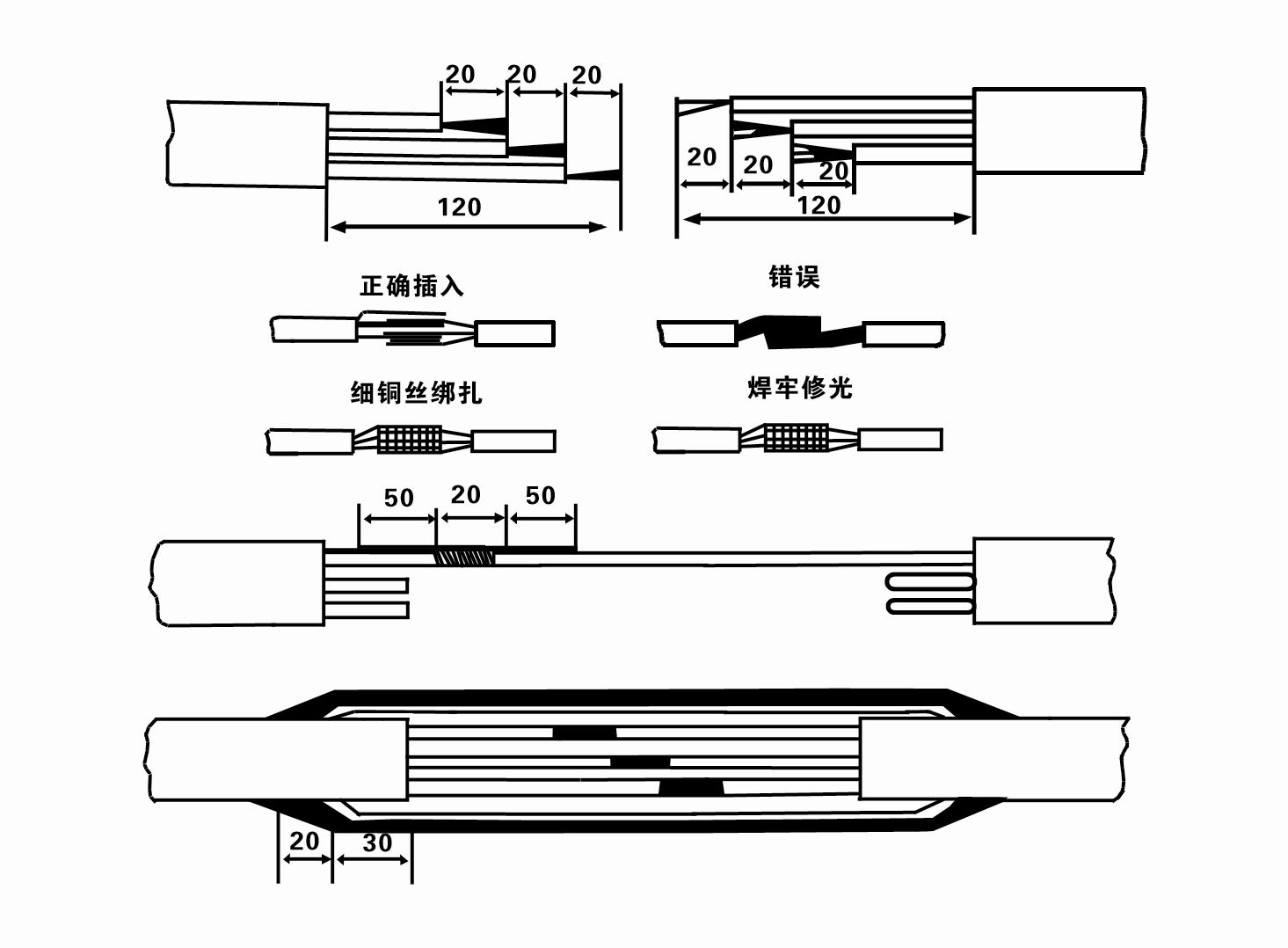Nov . 21, 2024 16:35 Back to list
dielectric oil for submersible pump
Dielectric Oil for Submersible Pumps
Submersible pumps are widely used in various industries, ranging from water supply and wastewater treatment to oil extraction and aquaculture. One of the critical components that enhance the efficiency and longevity of these pumps is dielectric oil. This specialized oil serves multiple purposes, including insulation, cooling, and lubrication, making it an essential element in the operation of submersible pumps.
What is Dielectric Oil?
Dielectric oil is a type of insulating oil that does not conduct electricity. It is primarily used in electrical equipment to provide thermal stability and prevent electrical discharges. In the context of submersible pumps, dielectric oil is vital for the protection of electrical components and to ensure safe operation in submerged conditions. The oil's non-conductive properties help prevent short circuits and electrical failures that could result from moisture intrusion.
Importance of Dielectric Oil in Submersible Pumps
1. Insulation The primary function of dielectric oil in submersible pumps is to provide electrical insulation. Pumps often operate in environments where they could be exposed to water and other conductive materials. The dielectric properties of the oil protect the motor and electrical circuits, ensuring safety and reliability.
2. Cooling Submersible pumps generate heat during operation, which, if not managed, can lead to overheating and damage. Dielectric oil aids in dissipating this heat, maintaining optimal operating temperatures. By effectively cooling the motor and other components, dielectric oil enhances overall performance and extends the lifespan of the pump.
dielectric oil for submersible pump

3. Lubrication Dielectric oil also acts as a lubricant for moving parts within the pump. This lubrication reduces friction and wear, contributing to smoother operation and reducing maintenance requirements. The presence of dielectric oil minimizes the risk of mechanical failure, ensuring continuous operation in demanding environments.
4. Corrosion Resistance In many applications, submersible pumps are exposed to various corrosive elements, including saltwater and chemicals. Dielectric oil helps form a protective barrier against corrosion, safeguarding not only the electrical components but also the mechanical integrity of the pump.
Choosing the Right Dielectric Oil
Selecting the appropriate dielectric oil for a submersible pump is essential. Factors to consider include the operating temperature range, viscosity, and chemical stability of the oil. It’s crucial to choose a dielectric oil that complies with industry standards and is specifically formulated for use in submersible applications.
Moreover, regular monitoring of dielectric oil condition is recommended to ensure that it maintains its insulating and cooling properties. Over time, oils can degrade due to thermal breakdown or contamination, necessitating replacement to uphold pump performance.
Conclusion
In summary, dielectric oil plays a pivotal role in the operation of submersible pumps. Its insulation, cooling, lubrication, and corrosion-resistant properties contribute significantly to the reliability and efficiency of these critical components. By selecting the right dielectric oil and maintaining its condition, operators can ensure the longevity and performance of their submersible pumps, leading to improved operational efficiency and reduced downtime.
-
Submersible Water Pump: The Efficient 'Power Pioneer' of the Underwater World
NewsJul.01,2025
-
Submersible Pond Pump: The Hidden Guardian of Water Landscape Ecology
NewsJul.01,2025
-
Stainless Well Pump: A Reliable and Durable Pumping Main Force
NewsJul.01,2025
-
Stainless Steel Submersible Pump: An Efficient and Versatile Tool for Underwater Operations
NewsJul.01,2025
-
Deep Well Submersible Pump: An Efficient 'Sucker' of Groundwater Sources
NewsJul.01,2025
-
Deep Water Well Pump: An Efficient 'Sucker' of Groundwater Sources
NewsJul.01,2025
-
 Submersible Water Pump: The Efficient 'Power Pioneer' of the Underwater WorldIn the field of hydraulic equipment, the Submersible Water Pump has become the core equipment for underwater operations and water resource transportation due to its unique design and excellent performance.Detail
Submersible Water Pump: The Efficient 'Power Pioneer' of the Underwater WorldIn the field of hydraulic equipment, the Submersible Water Pump has become the core equipment for underwater operations and water resource transportation due to its unique design and excellent performance.Detail -
 Submersible Pond Pump: The Hidden Guardian of Water Landscape EcologyIn courtyard landscapes, ecological ponds, and even small-scale water conservancy projects, there is a silent yet indispensable equipment - the Submersible Pond Pump.Detail
Submersible Pond Pump: The Hidden Guardian of Water Landscape EcologyIn courtyard landscapes, ecological ponds, and even small-scale water conservancy projects, there is a silent yet indispensable equipment - the Submersible Pond Pump.Detail -
 Stainless Well Pump: A Reliable and Durable Pumping Main ForceIn the field of water resource transportation, Stainless Well Pump has become the core equipment for various pumping scenarios with its excellent performance and reliable quality.Detail
Stainless Well Pump: A Reliable and Durable Pumping Main ForceIn the field of water resource transportation, Stainless Well Pump has become the core equipment for various pumping scenarios with its excellent performance and reliable quality.Detail
